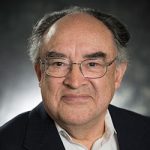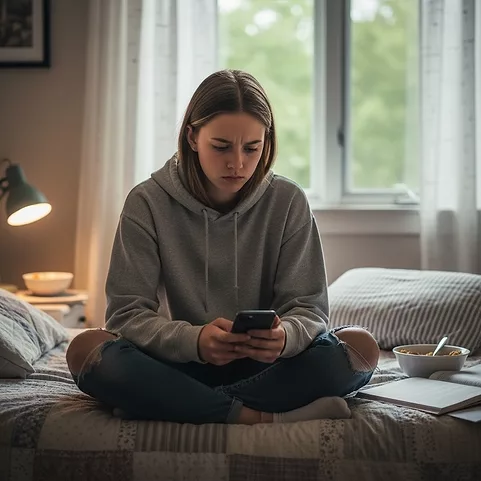An Integrative Approach to Attention Deficit Hyperactivity Disorder
Scott Shannon, MD
Assistant clinical professor in the Department of Psychiatry, University of Colorado
Dr. Shannon has disclosed that he has no relevant financial or other interests in any commercial companies pertaining to this educational activity.
Read More
 Anne Buchanan, DO
Child psychiatrist at Maimonides Medical Center in Brooklyn, NY
Dr. Buchanan has disclosed that she has no relevant financial or other interests in any commercial companies pertaining to this educational activity.
Anne Buchanan, DO
Child psychiatrist at Maimonides Medical Center in Brooklyn, NY
Dr. Buchanan has disclosed that she has no relevant financial or other interests in any commercial companies pertaining to this educational activity.
 Joshua Feder, MD
Editor-in-chief, CCPR
Dr. Feder has disclosed that he has no relevant financial or other interests in any commercial companies pertaining to this educational activity.
Joshua Feder, MD
Editor-in-chief, CCPR
Dr. Feder has disclosed that he has no relevant financial or other interests in any commercial companies pertaining to this educational activity.
 Claudio Cepeda, MD
Clinical associate professor in the Department of Psychiatry at UT Health, San Antonio, TX
Dr. Cepeda has disclosed that he has no relevant financial or other interests in any commercial companies pertaining to this educational activity.
The author of the Concise Guide to the Psychiatric Interview of Children and Adolescents, as well as a clinician who has served both inpatient and outpatient pediatric populations for decades, Dr. Cepeda shares his interviewing tips on how to detect signs of psychosis in children.
Claudio Cepeda, MD
Clinical associate professor in the Department of Psychiatry at UT Health, San Antonio, TX
Dr. Cepeda has disclosed that he has no relevant financial or other interests in any commercial companies pertaining to this educational activity.
The author of the Concise Guide to the Psychiatric Interview of Children and Adolescents, as well as a clinician who has served both inpatient and outpatient pediatric populations for decades, Dr. Cepeda shares his interviewing tips on how to detect signs of psychosis in children.

_-The-Breakthrough-Antipsychotic-That-Could-Change-Everything.webp?t=1729528747)



